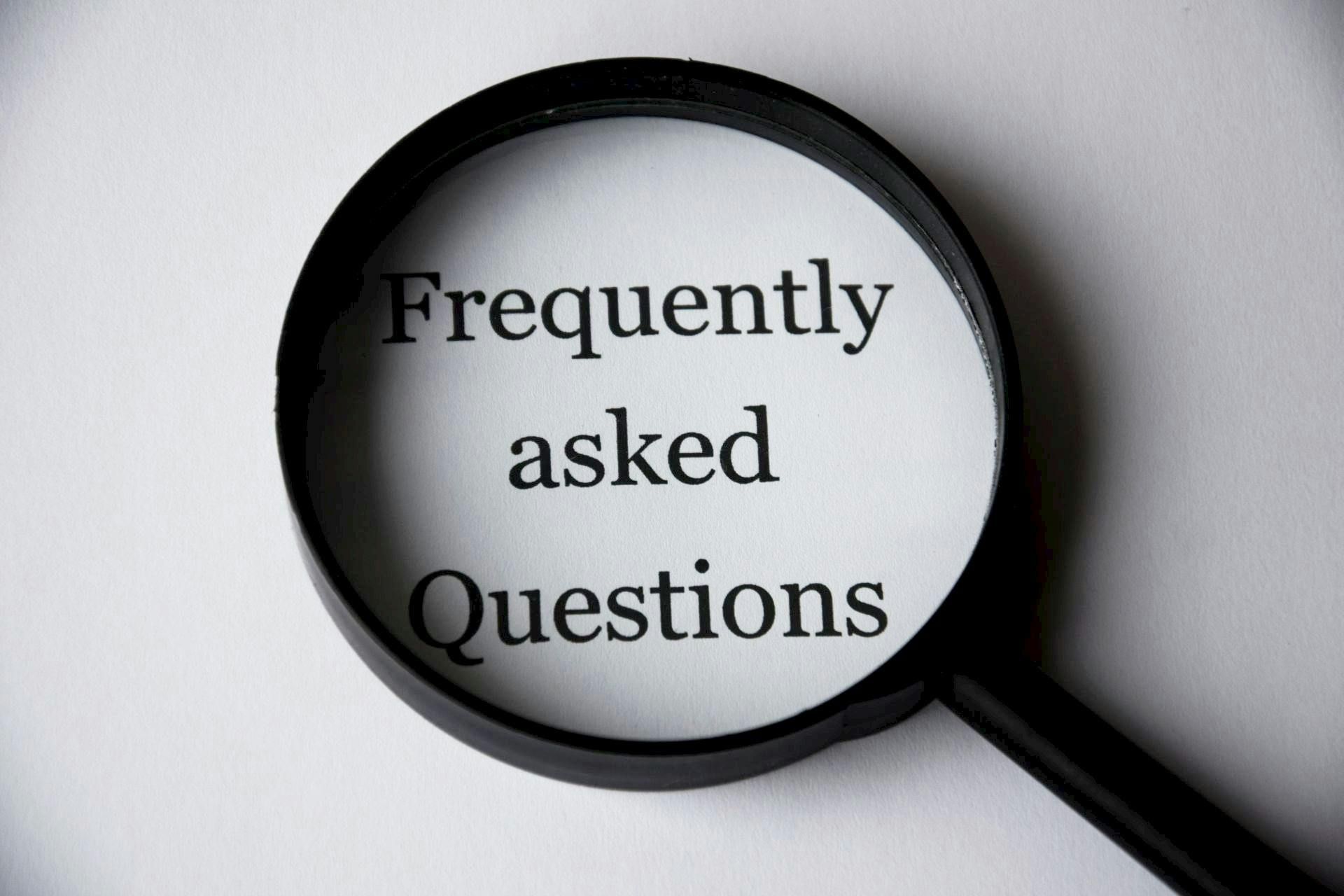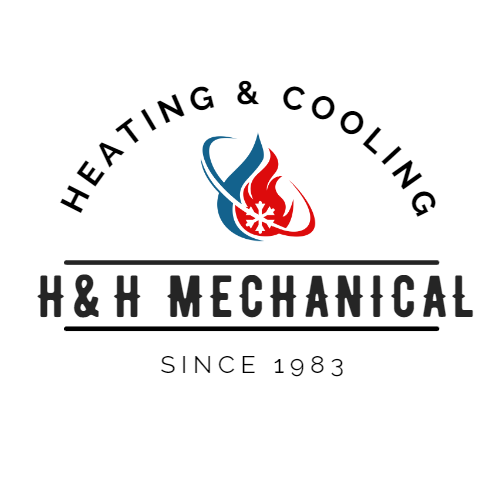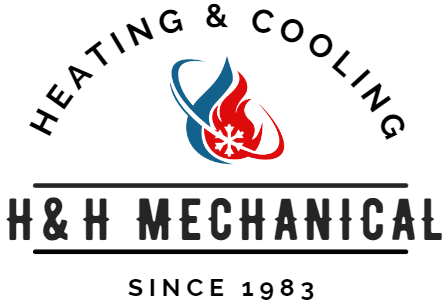Top 5 Energy-Zapping Habits in the Summer
The shift to warmer weather can come with a noticeable increase in our energy bills. As temperatures rise, so does the tendency to engage in habits that, while providing short-term relief, significantly contribute to energy wastage. Identifying and adjusting these energy-zapping habits can lead to not only a more environmentally friendly lifestyle but also substantial savings. Here are the top five habits to be aware of and adjust this summer.
1. Overusing Air Conditioning
While air conditioning is a modern luxury that can make the hot summer months bearable, excessive use is among the top energy-zapping habits. Setting the thermostat too low or leaving the AC on when no one is home contributes to unnecessary energy consumption.
Tip: Consider installing a programmable thermostat or a smart home system that allows you to schedule cooling times and adjust settings remotely. Setting your thermostat to a higher temperature when you’re not home can lead to significant savings.
2. Ignoring HVAC Maintenance
A well-maintained HVAC system operates more efficiently and uses less energy. Neglecting routine maintenance such as replacing filters or ignoring signs that the system may not be working efficiently can lead to higher energy consumption.
Tip: Schedule regular maintenance checks and clean or replace the air filter every 90 days or as recommended by the manufacturer to keep your system running smoothly.
3. Frequent Opening of Refrigerator Doors
It might seem trivial, but the habit of opening the refrigerator frequently can cause a significant increase in energy usage. Each opening allows cool air to escape, forcing the fridge to work harder to maintain its internal temperature.
Tip: Try to limit the number of times you open the fridge door by planning what you need ahead. Keeping the fridge and freezer well-organized can also help minimize the time the door stays open.
4. Overdoing the Use of Heat-Producing Appliances
Summer is not the best time to frequently use ovens, stovetops, or other appliances that produce a lot of heat. These not only contribute to the ambient temperature of your home (making your AC work harder) but also use a lot of energy.
Tip: Opt for meals that require minimal cooking, use a microwave or slow cooker, or consider grilling outdoors.
5. Poor Insulation and Air Leaks
Poor insulation and air leaks around doors and windows allow cool air to escape, which can significantly increase the workload on your air conditioning unit. This, in turn, increases energy consumption.
Tip: Invest in quality insulation, and use weather-stripping around doors and windows to seal leaks. These improvements can provide long-term savings and a more comfortable living environment.
Summertime should be a season of enjoyment, not high energy bills. By being mindful of these top energy-zapping habits and making a few adjustments, you can enjoy a cool, comfortable home without breaking the bank. Start implementing these tips today for a more energy-efficient summer.
You might also like


Book a Service Today
We will get back to you as soon as possible
Please try again later



